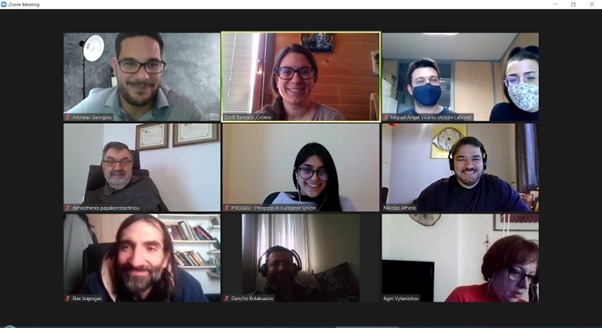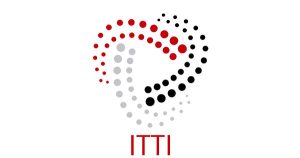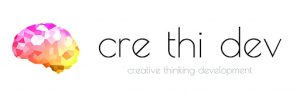The science is crystal clear: urgent action is needed to address human-driven climate change.
Yet, a significant gap remains between the warnings issued by scientists and the actions taken by society.
The ACT-NOW project aimed to bridge this gap by using modern, experience-based tools—such as mobile augmented reality (AR) and simulation games—to help youth workers inspire and prepare young people to actively engage in protecting our planet.
Through the program, we developed innovative, youth-friendly educational tools and methods grounded in non-formal and informal learning. The project empowered young people to use mobile games as a creative and impactful way to advocate for environmental protection and sustainable development—with energy, imagination, and purpose.
Boosting Youth Workers’ Skills
Enhancing the ability of youth workers to use custom-made mobile apps and simulation games
Conducting Methodological Research
Identifying the most effective tools and approaches for developing key competences related to climate change.
Introducing AR and Simulation Platforms
Providing youth workers with access to existing augmented reality and simulation game platforms, along with the technical and professional know-how to use them effectively.
Expanding Climate Change Knowledge
Promoting understanding of climate change and its impacts through non-formal and informal learning methods, tailored to young audiences.
Developed a Mobile-Friendly AR-Based Training Package
Created an engaging training toolkit and simulation game to help young people learn about climate change through augmented reality.
Trained Youth Workers and Educators to integrate AR tools and simulation games into their work.
Launched a Multilingual E-Learning Platform
Introduced an accessible platform featuring training materials, role-play scenarios, and case studies in multiple languages.
Organized Awareness-Raising and Activation Events
Held events across several countries—including Hungary—to showcase project results and inspire action among young people and communities.
.




